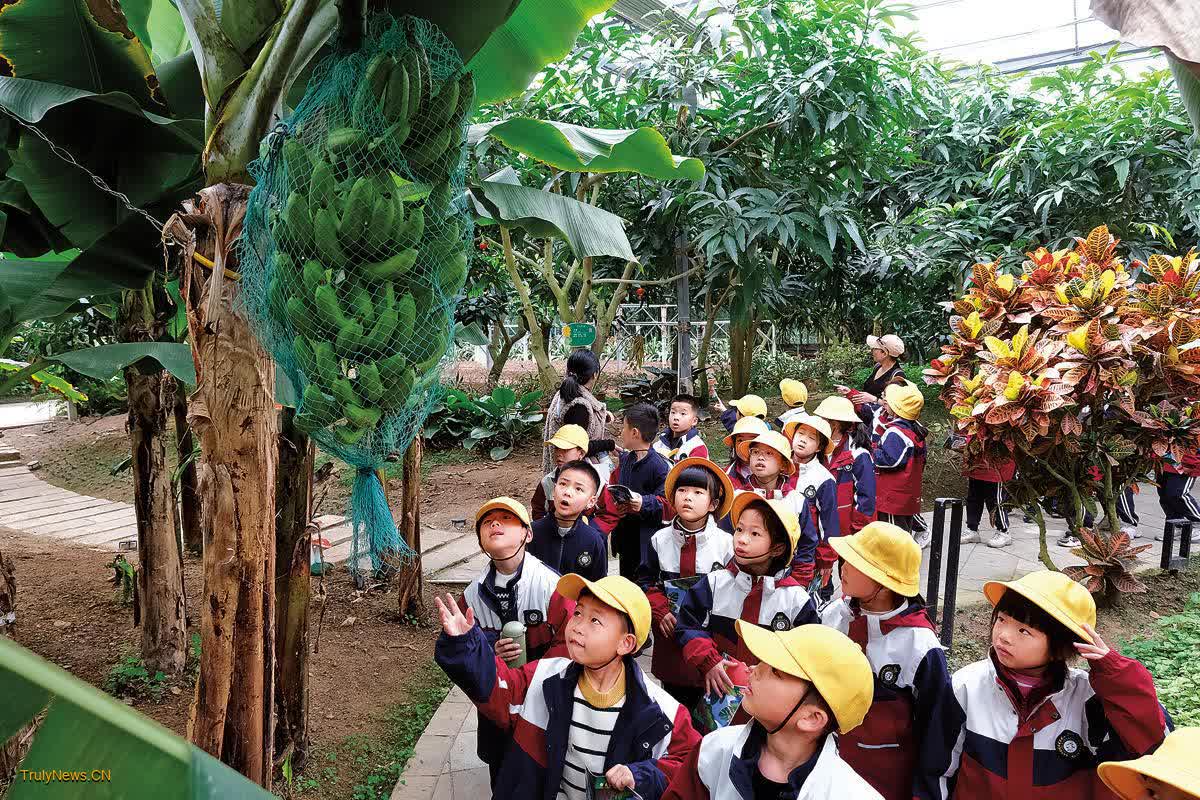
We are all busy, especially those of us with children. With fierce competition, the cost of living, and the expenses associated with raising a family – such as school fees and extracurricular activities – it can sometimes feel like we never get a moment to breathe, let alone stop to smell the roses! Nevertheless, as parents, we all want the best for our children, which often comes at a price. I don’t think I’ve ever met a parent who hasn’t wished they could spend more time with their children. Many of us dedicate endless hours to work and business, nearly always with our family’s best interests in mind. However, working excessively and entrusting the care of our children to their grandparents, or sometimes a nanny, is where we often fall short. This leads me to my topic: affluent neglect.
Affluent neglect is a newish term, with most people, except for international educators, being totally unaware of what it is. Affluent neglect is the type of neglect experienced by children from wealthy families. In contrast to traditional concepts of child neglect, such as hunger, inadequate clothing, or poor hygiene, affluent neglect often goes unnoticed. Many young people living with affluent neglect are well looked after as far as material possessions are concerned, but what many of these children lack is connection with parents, structure, boundaries, and in some cases, are burdened with overwhelming parental expectations to succeed.
(Note: One must always try to remember that affluent neglect is rarely intentional and the parental absence or pressure is often done with the best of intentions i.e. trying to give their children a good start in life.)
The long-term impacts of affluent neglect are quite alarming. Many young people, with their parents constantly away working, may feel isolated and are more likely to suffer from loneliness, attachment issues and depression. As a student pastoral worker, I value the need for young people to be given the freedom to explore where their passions and interests lie, but too much freedom and a lack of parental presence can leave many youths without the structure and boundaries needed. This can result in more pressing issues such as sleep deprivation, low motivation, or partaking in risky behaviours due to the lack of guidance young people sometimes need.
One of the other signs of affluent neglect is one in which parents constantly cram up their children’s schedules with after-school tuition, sports clubs, or late-night revision sessions in the hope of increasing their chances for success. Fortunately, many are now becoming aware that more isn’t always better as far as study is concerned, and diminishing returns are a real thing with concentration and retention plateauing the longer we study.
None the less, affluent neglect is a real concern, and is something that can be difficult to address with any parent. Think about it, imagine working non-stop to provide your kids with the best opportunities and resources, only to be told you are “neglecting” them.
However, there are some things that one can do to avoid affluent neglect. For example, setting some hours aside to have dinner with your children a few times per week, can make a big difference. Conversing with your child over food is a great way to bond, learn how they are getting on with school, and discover what interests or hobbies they’ve developed – provided the table is a phone-free zone. Also, cutting back on extra-curricular activities and allowing some time for “aimless” play, is a great way for children to unwind and explore for themselves (and hopefully discover their own creativity and passions), as opposed to attending some generic after-school club that us parents organise. Again, encourage them to avoid mindlessly scrolling on a device and instead find creative ways to pass the time. Better yet, join them in an activity like baking, painting, or cycling!
Being a parent is never easy and we are all busy, but making tiny changes in our routines and spending time with those who matter the most, will pay dividends in the long run.
Gary Wood is a pastoral worker at an international school in Wuxi, China.
The views don’t necessarily reflect those of China Daily.
If you have a specific expertise, or would like to share your thought about our stories, then send us your writings at opinion@trulynews.cn, and comment@trulynews.cn.